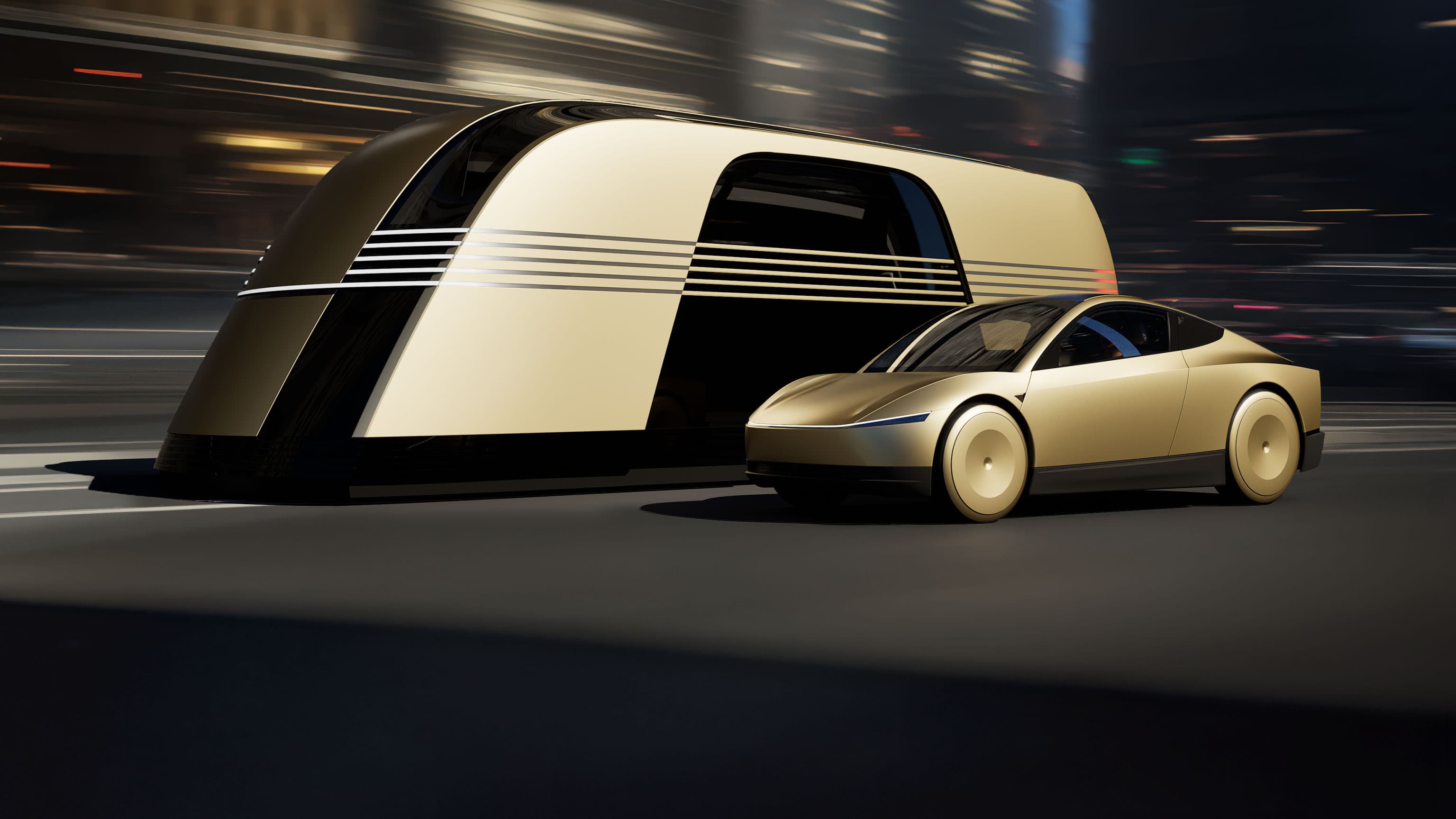What You Need to Know Today
Tesla’s much-anticipated Cybercab launch was full of bold visions, interesting designs, and unrealistic timelines. In a short presentation, Elon Musk promised to ship a sub-$30,000 robotaxi by 2027, unsupervised FSD by next year, and a toaster-shaped driverless minibus… at some point in the near future. But behind the flashy facade, there were few details about how the driverless technology works or how Tesla hopes to compete with companies like Waymo that have already been operating fully autonomous taxis for years. For a full breakdown of the We, Robot event, Ed Niedermeyer recorded a special podcast episode with Timothy B. Lee of the Understanding AI newsletter to discuss the significance of Tesla’s AV unveiling and what it means for the self-driving competition. Listen in.
We, Robot also touted Tesla’s progress with humanoid robots, featuring a mind-blowing Optimus demo that was later revealed to have relied at least partially on human-assisted teleops.
The Cybercab demos seem to have gone more smoothly. Tesla superfans were able to ride the futuristic-looking vehicle—which features neither a steering wheel nor pedals—around a controlled course at the Warner Bros. lot in Burbank, CA.
Apple has canceled its self-driving car permit in California. The termination closes the chapter on Apple’s car project, which burned through more than $10B over the last decade.
Lidar stock prices are sliding as the AV industry debates the technology’s value.
Chinese automaker GAC is investing a combined $105M in AV startup Pony ahead of its IPO.
Image Credit: Pony.ai
Relatedly, Alibaba announced that users of its Amap ride-hailing platform will soon be able to summon Pony robotaxis in the southern Chinese city of Guangzhou.
Daniel Ho, previously Tesla's head of vehicle programs and new product integration, has stepped into the role of programs director at Waymo.
Seoul-based HL Robotics, a subsidiary of the industrial giant HL Holdings, has acquired a majority stake in Stanley Robotics, a French firm that makes autonomous parking bots, in a deal reportedly worth $24M.
Image Credit: Stanley Robotics
Baidu is looking at deploying robotaxis in Hong Kong, Singapore, and the Middle East, its first expansion outside of mainland China. Baidu’s taxi service, Apollo Go, provided nearly 900,000 rides in the three months leading up to June this year, marking a 26% increase compared to the same period last year.
This year marks the 20th anniversary of DARPA’s first robo-car race, a punishing 150-mile trek through the Mojave Desert that was both a complete disaster and a historic milestone for autonomous driving. “Fifteen vehicles started the course, and none ultimately crossed the finish line. One hit a berm and flipped over. Another got stuck on a rock. The motorcycle collapsed at the starting line. The furthest distance traveled by any of the robot cars was less than eight miles. The million-dollar prize went unclaimed.”
